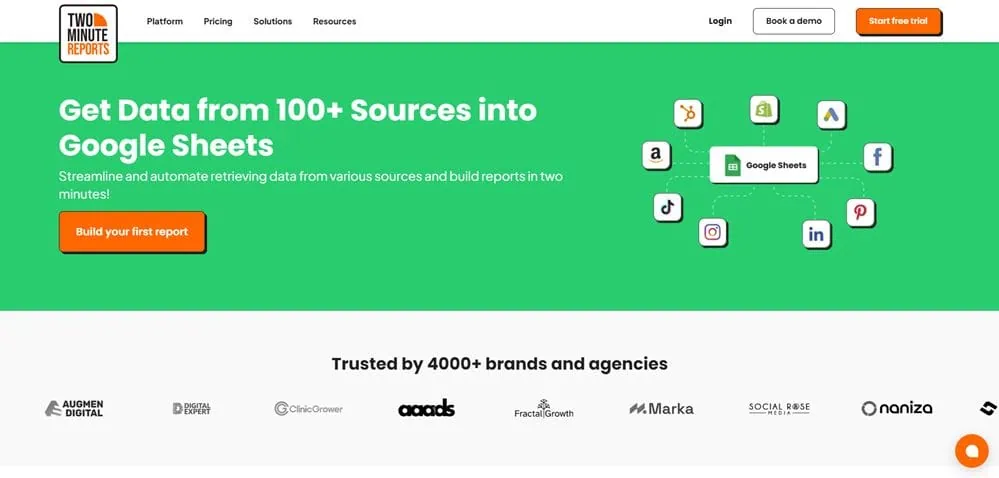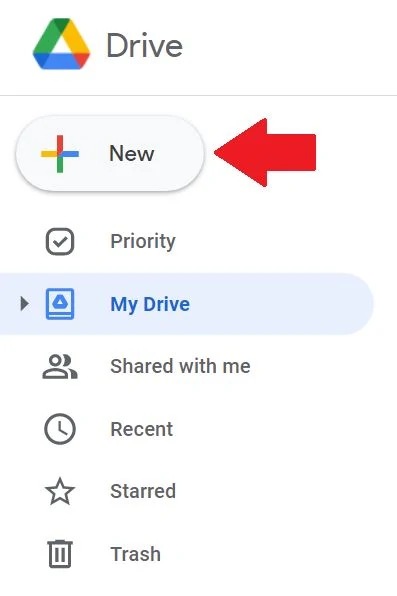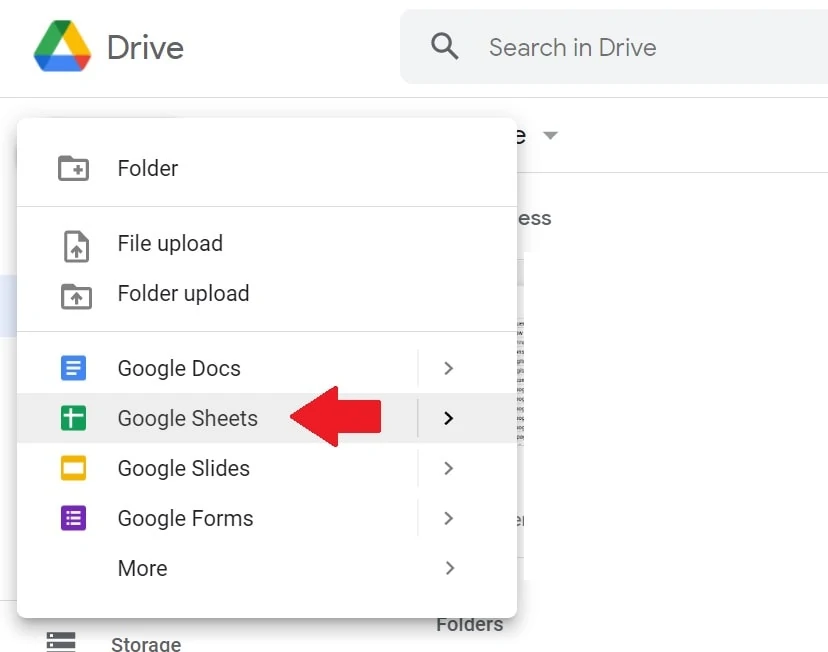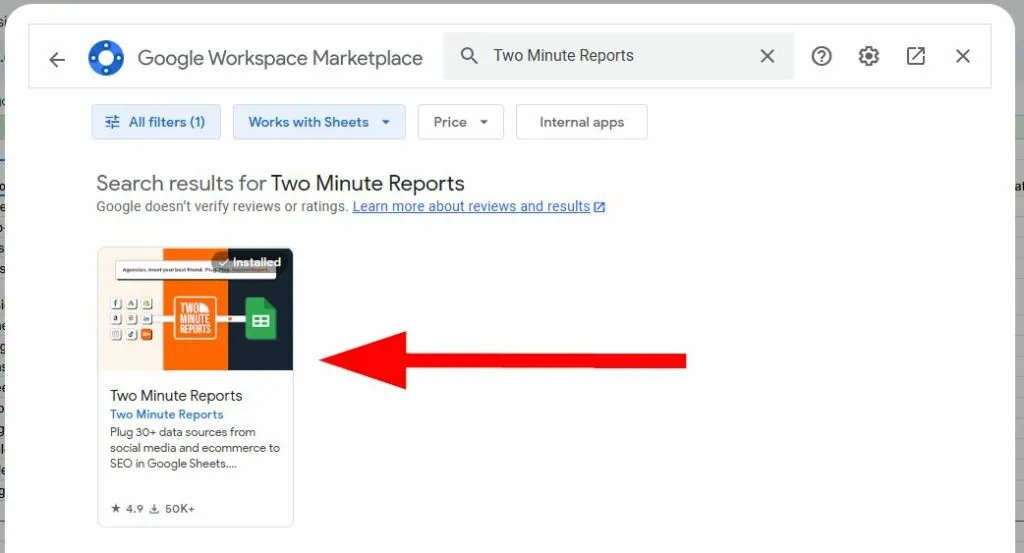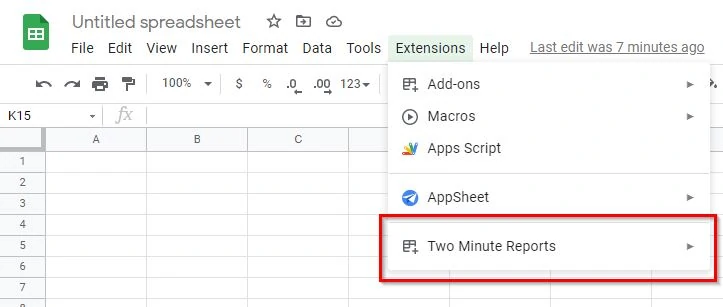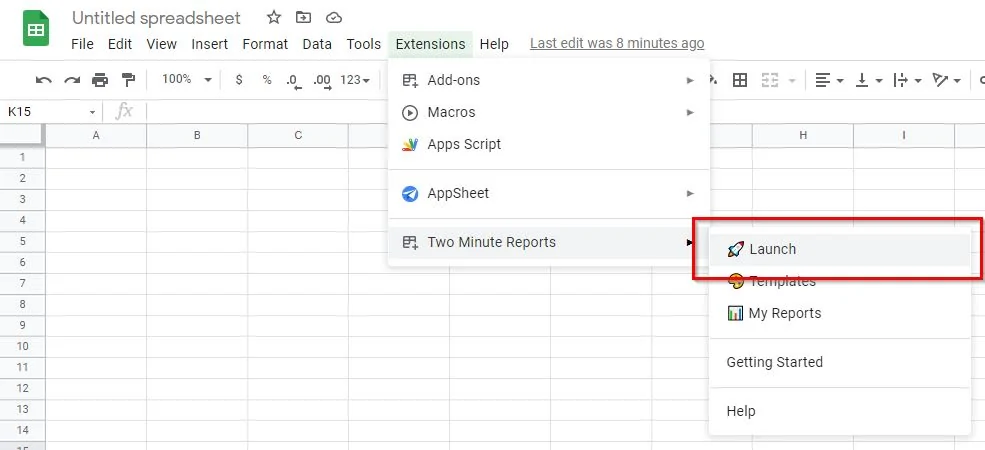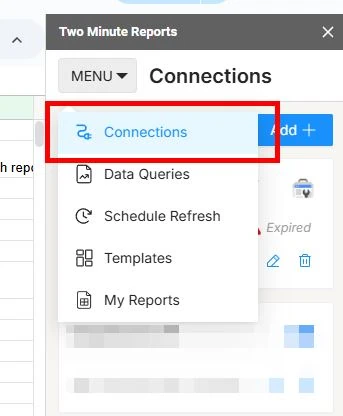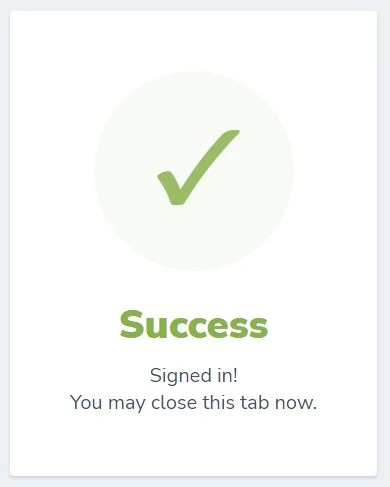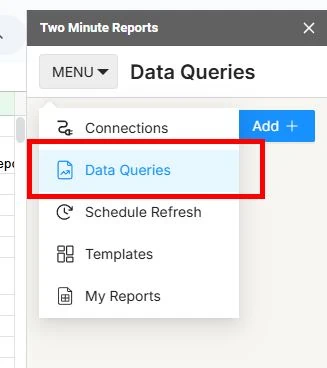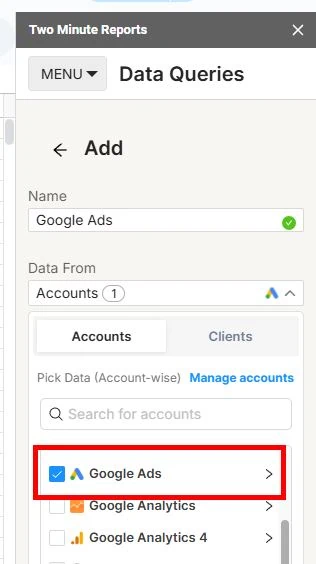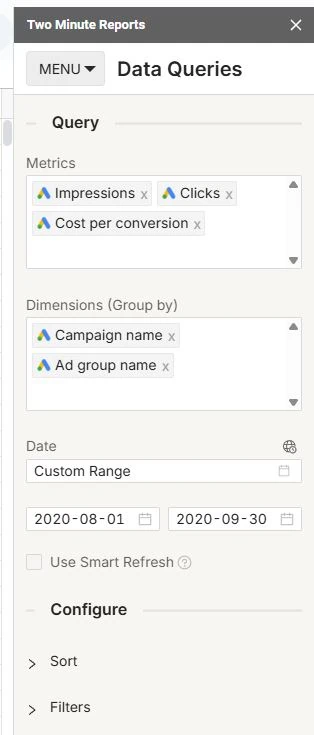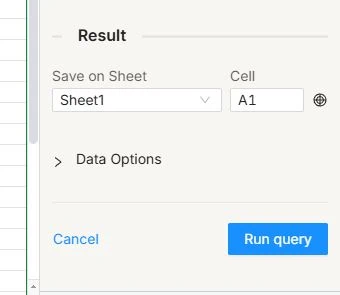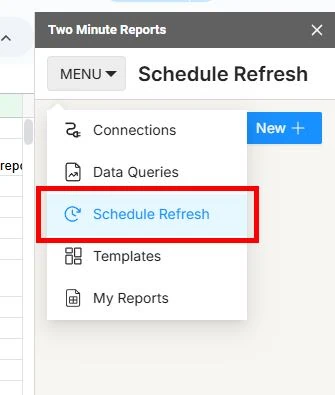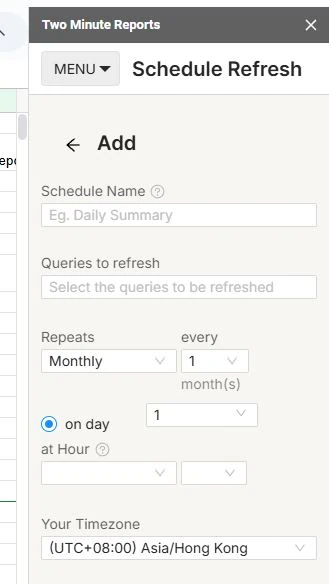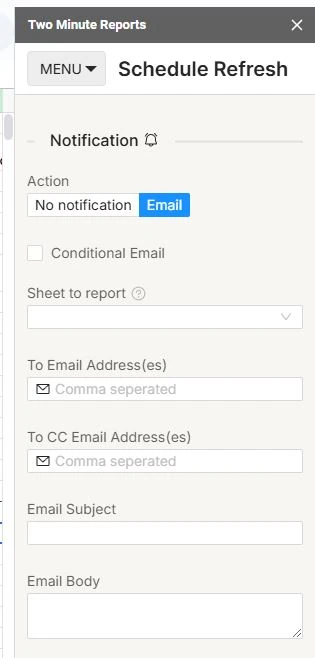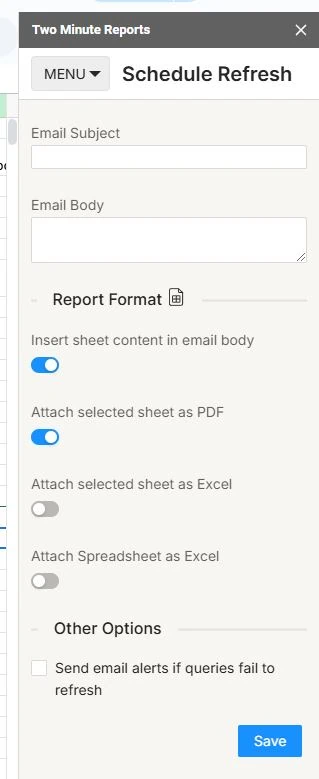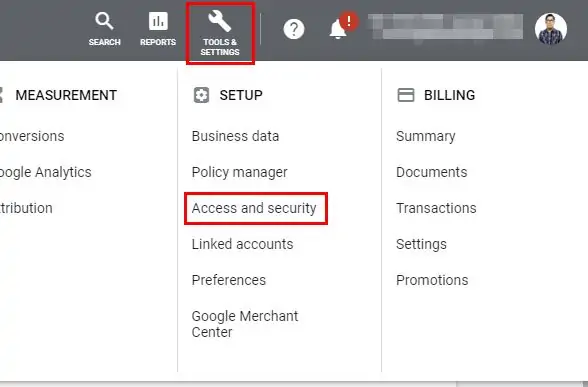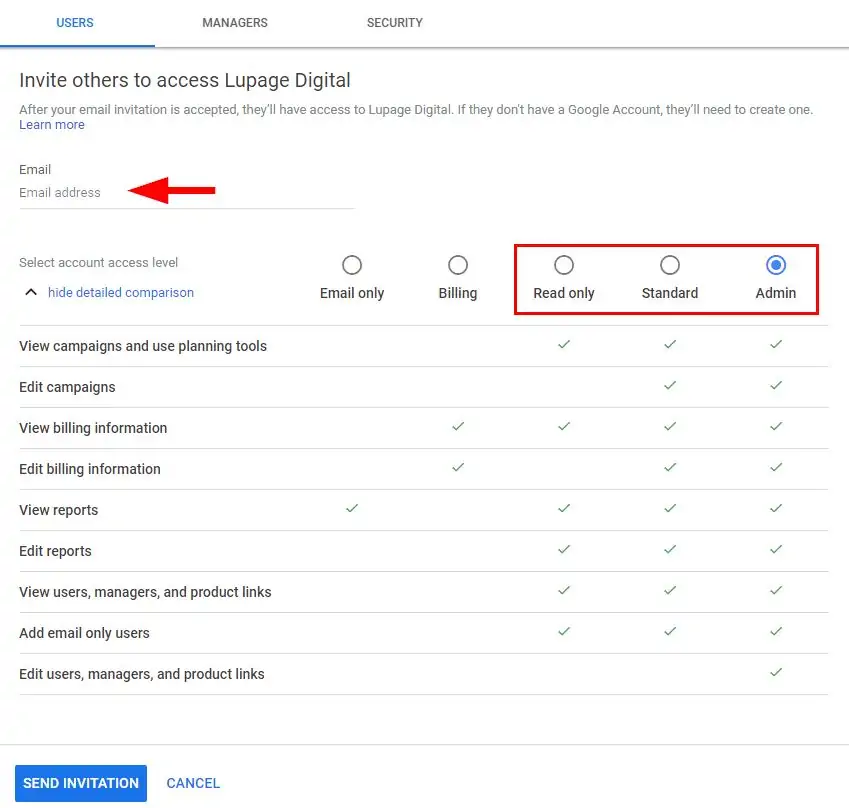Summary
– You can integrate Google Ads and Google Sheets by using 3rd-party tools.
– Integrating Google Ads API and Google Sheets allows you to create custom reports.
– Pull data from Google Ads by accessing the API and connect them to other tools like Google Sheets.
Google Ads is one of the major marketing channels in the marketing industry. Like other marketing channels, it needs reporting. Whether keywords or ad creatives, marketers invest the time to check the performance of their campaigns.
You CAN import Google Ads data from the API to Google Sheets. You do copy and paste, add new rows manually, until your eyes and fingers can’t take it anymore. It’s an unbearable nightmare. This article teaches how to automate reporting step-by-step.
How To Import Google Ads Data To Google Sheets
To connect Google Ads to Google Sheets, you need a Google Sheets extension. These extensions are usually paid extensions. As mentioned, you can do it manually (for free) to save money. But in perspective, you might want to spend a little bit to save time. You choose.
Use Two Minute Reports in this use case. Two Minute Reports imports data from the Google Ads API directly to Google Sheets in minutes. No required coding skills. Another Google Sheets extension to use is Supermetrics.
Installing The Google Sheets Extension
1 – Go to your Google Drive workspace.
2 – Click + New then create a new Google Sheets file.
4 – Search for Two Minute Reports. Then install it.
Import Google Ads Data Source
3 – Then select Google Ads.
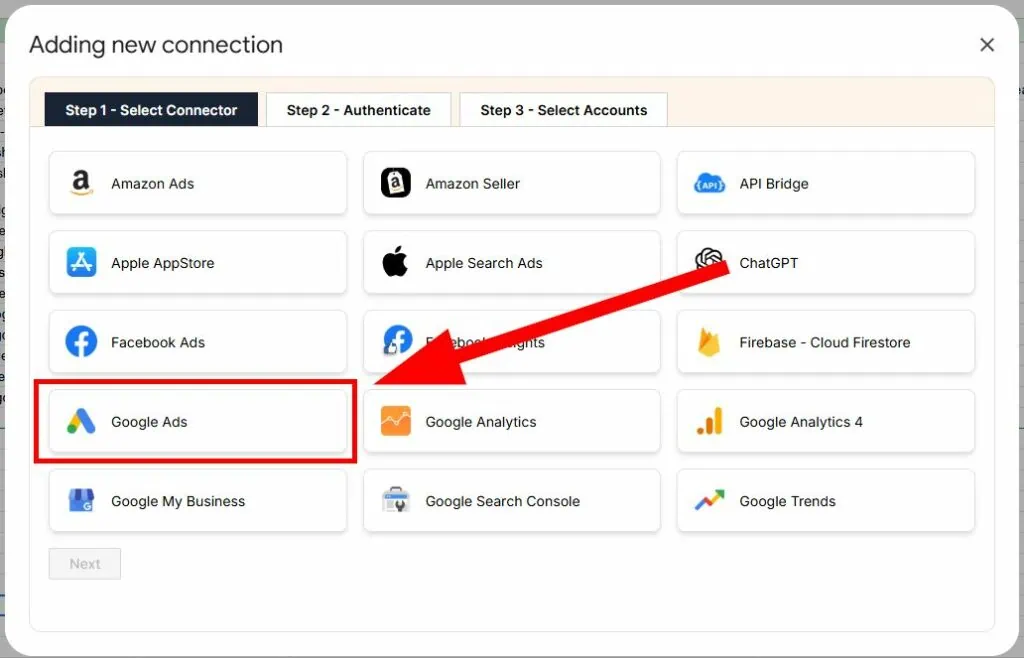
4 – Sign-in to your Google Ads account.
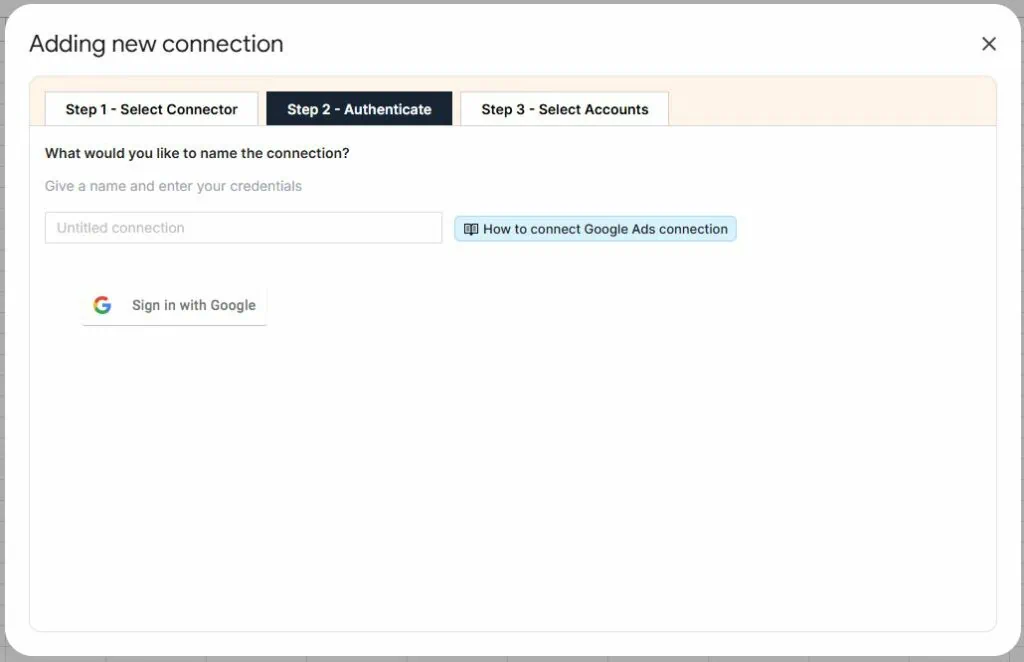
6 – Enable or disable the campaigns from your Google Ads manager account to connect to Google Sheets.
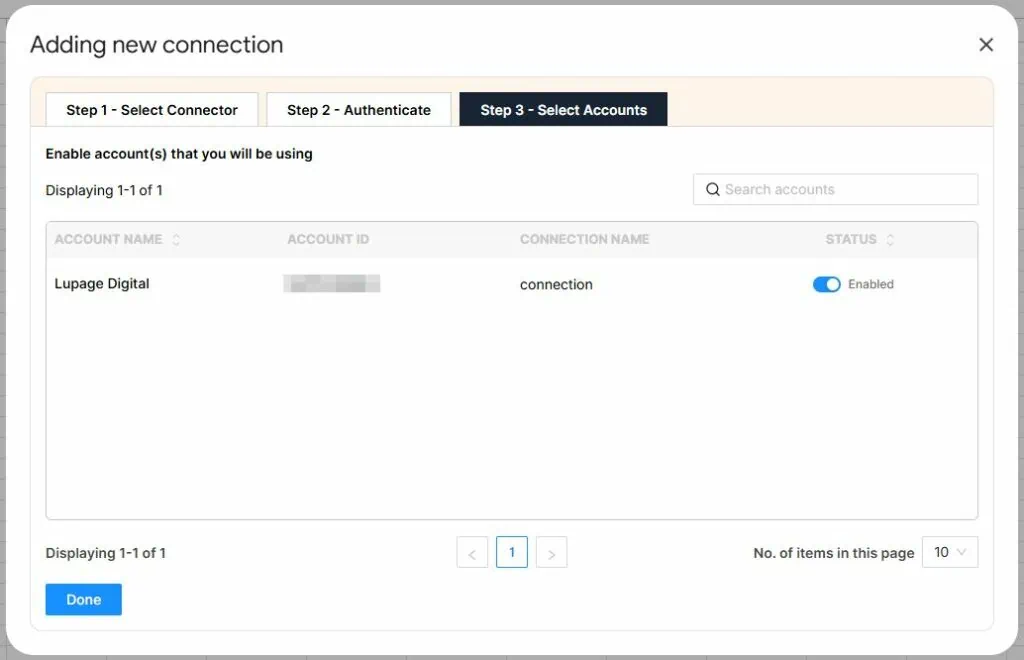
Import Google Ads Data Query
This point in the process is importing data from the Google Ads API to the spreadsheet.
4 – Select the Metrics you want to import. In this example, we use Impressions, Clicks, and Cost per conversion.
5 – Select the Dimensions you want to import. In this example, we use Campaign name and Ad group name.
6 – Select the date range to your use case.
You may ignore other conditions like Filters when creating the report for now.
8 – Click Run query.
Viola! You imported your Google Ads data to Google Sheets hassle-free. You can create reporting templates from here depending on your business needs.
In this example, we imported and reported paid advertisements from Google Ads. The number of impressions, clicks, and cost reporting is now within reach. You can adjust the parameters depending on your use cases like keywords. Add keyword text as a dimension under the Query section.
If you’re doing paid search campaigns, it’s valuable to create a keyword and search term report. Paid search advertising is where an advertiser targets a keyword on Google. To create these reports, use Search term and Keyword text in Two Minute Reports. This illustrates the searches and keywords that users typed to end up on the landing page.
Schedule Google Ads Reports
Two Minute Reports has a scheduling function. This means the spreadsheet refreshes the acquired data from the API. Reports are automated even more.
3 – Once inside, you can set the terms of the report schedule.
-Name
-Repeats: This is where you set how often the data refresh happens. Two Minute Reports can do hourly refreshes.
-Timezone
4 – You can also set the notification terms. Two Minute Reports can email you a PDF or Excel of the data. You can also decide to have the email contain the sheet content in the email body.
5 – Click on Save.
Scheduling helps when you need to report on overtime. No more copy and paste manual reports every day, or every week, or every month.
Bonus: How to Add User Permissions on Google Ads
1 – Go to your Google Ads account.
3 – Once inside, click the plus symbol.
4 – Once inside, add the email address you want to give access to. Choose at least Read only status depending on your use case. Give Standard or Admin access if needed.
4 – Once inside, add the email address you want to give access to.
Choose at least Read only status depending on your use case. Give Standard or Admin access if needed.
More articles on automation:
Import Facebook Page Insights to Google Sheets
Import LinkedIn Page post data to Google Sheets
Import LinkedIn Ads API data to Google Sheets
Import Search Console Data to Google Sheets
Import WooCommerce data to Google Sheets
Import Facebook Ads data to Google Sheets
Import Google Ads data to Google Sheets
Import Mailchimp data To Google Sheets
Import Shopify data to Google Sheets
Import TikTok ads to Google Sheets
Import GA4 data to Google Sheets
Import ChatGPT to Google Sheets
Import JSON to Google Sheets
Export Gmail to Google Sheets
Conclusion: Create Google Ads Reports In Google Sheets Today
This is one of the many tools to connect Google Ads data in Google Sheets. These are the current methods to do API integrations between third-party tools.
Avoid import and export spreadsheet hell. Maintain everything step-by-step in Google Sheets with tools if needed. Stop wasting time on repetitive tasks. Start focusing on important stuff that impacts the business. Hire a web analyst to help you.


